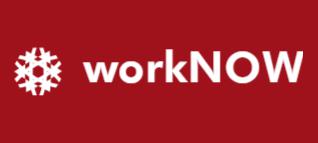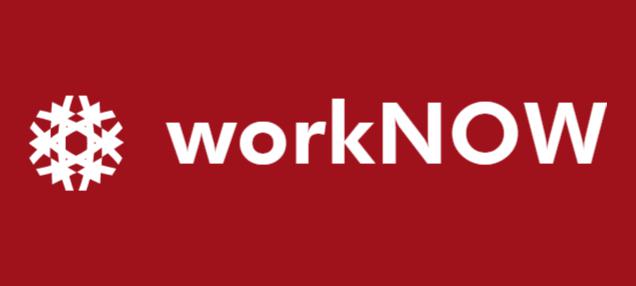Economist
Controller Job Description
An economist studies the production, consumption, and transfer of wealth, and by putting that study into practice, they move the levers of modern society. On a political level, economics drives the physical development of nations, the social reforms of governments, and the rise and fall of authoritarians. On a personal level, economics can feed famished populations, create green-energy revolutions, and empower consumers through new microloan products. Economists are critical in both understanding and harnessing the power of economics. They research economic issues, conduct surveys to collect data, study economic trends through statistical and mathematical analysis, and present their research to businesses, governments, and individuals. This analysis also allows them to suggest courses of action that consider the goals of a corporation, government, organization, or an individual.
Numeracy is a key skill for an economist. From dealing with large datasets to interpreting visual data like graphs, you’ll need to be comfortable handling numbers and working with mathematical principles. This is why many economists take preparatory classes in mathematics before beginning work or study in economics. Economics also has a lot of common ground with other social science subjects like psychology, history, and sociology. Thus, having a working knowledge of these subjects and the methods used in them is highly beneficial. You’ll need to be able to pull together information from different sources and different fields to inform your theories. In order to be successful as a student, professor, or researcher, you need to be interested in and engaged with your subject, so having a strong sense of curiosity will serve you well. You also need to have insights and ideas of your own. The ability to think for yourself and to question what you know will allow you to take new directions and to come up with original research which will make you a better economist. You will need to be comfortable with uncertainty, as not every question in this field has a clear and unambiguous answer. Good writing skills are essential for making sure that your articles, book chapters, and notes are useful and comprehensible to others. Besides writing well, you’ll also need to be an effective presenter so that you can speak at conferences and teach classes. You should be comfortable speaking in front of an audience and able to convey the essential points of your subject clearly and concisely. You need to be open-minded so that you can open to new ideas and do not become too set in your perspective.
A master’s degree or Ph.D. is required for most economist jobs. Positions in business, research, or international organizations often require a combination of graduate education and work experience. In addition, courses that introduce students to statistical analysis software are helpful. Students can pursue an advanced degree in economics with a bachelor’s degree in a number of fields, but a strong background in mathematics is essential. A Ph.D. in economics may require several years of study after earning a bachelor’s degree, including completion of detailed research in a specialty field.
Typical duties of a Controller
• Research economic issues
• Conduct surveys and collect data
• Analyze data using mathematical models, statistical techniques, and software
• Present research results in reports, tables, and charts
• Interpret and forecast market trends
• Advise businesses, governments, and individuals on economic topics
• Recommend solutions to economic problems
• Write articles for academic journals and other media
Skills:
• Analytical skills
• Communication skills
• Critical-thinking skills
• Detail oriented
• Math skills
• Writing skills
Qualifications: Undergraduate degree in economics or a related subject, such as statistics, mathematics, business studies or finance and accounting; Postgraduate master’s degree in economics.

